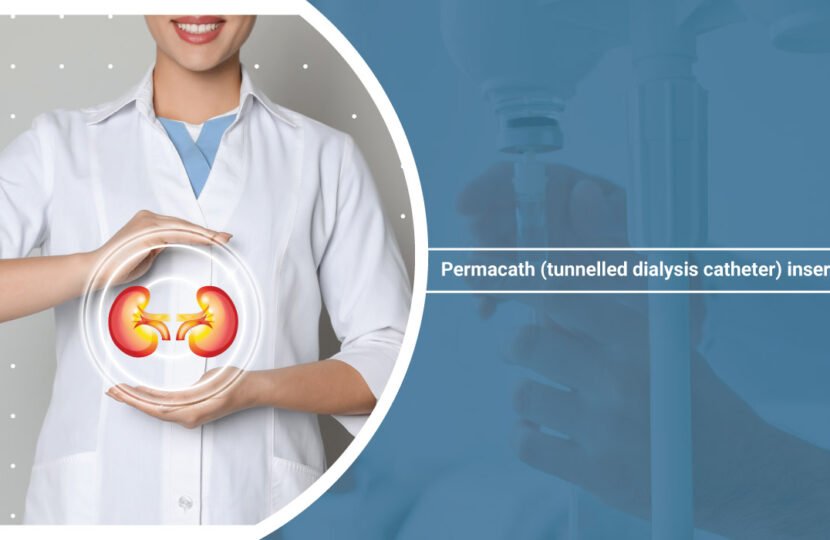For those who suffer from chronic kidney disease and require dialysis treatment, the insertion of a permacath can be a necessary and potentially life-saving procedure. A permacath is a type of catheter that is inserted into the body, usually near the neck or groin, to provide a permanent access point for dialysis treatment.
The Procedure
The insertion of a permacath involves a minor surgical procedure. A small incision is made in the skin, and the catheter is inserted into a large vein in the neck or groin. The catheter is then tunneled under the skin and attached to the outside of the body. The entire procedure usually takes about an hour and can be done under local anesthesia.
Advantages and Disadvantages
One of the main advantages of a permacath is that it provides a reliable and long-lasting access point for dialysis treatment. It can also be used immediately after insertion, unlike other types of access points, which require a waiting period before use. However, there are also some disadvantages to using a permacath. It carries a higher risk of infection compared to other types of access points, and it can cause discomfort or pain at the insertion site.
Sites of Insertion
A permacath can be inserted in various sites in the body, but the most common sites are the jugular vein in the neck or the femoral vein in the groin. The jugular vein is typically preferred because it has a lower risk of infection and is less likely to cause discomfort or pain.
Indications for Insertion
A permacath may be indicated for patients who require immediate access to dialysis treatment or for patients who are unable to use other types of access points. For example, patients who have experienced multiple infections or blockages in their fistula or graft may need a permacath. It may also be used as a temporary measure until a more permanent access point, such as a fistula or graft, can be created.
Conclusion
In conclusion, the insertion of a permacath can be an important and necessary procedure for patients with chronic kidney disease who require dialysis treatment. While it has its advantages, it also carries some risks, such as infection and discomfort. Dr. Ravi Bhadania will help you weigh the benefits and risks of a permacath and determine if it is the best option for you.


